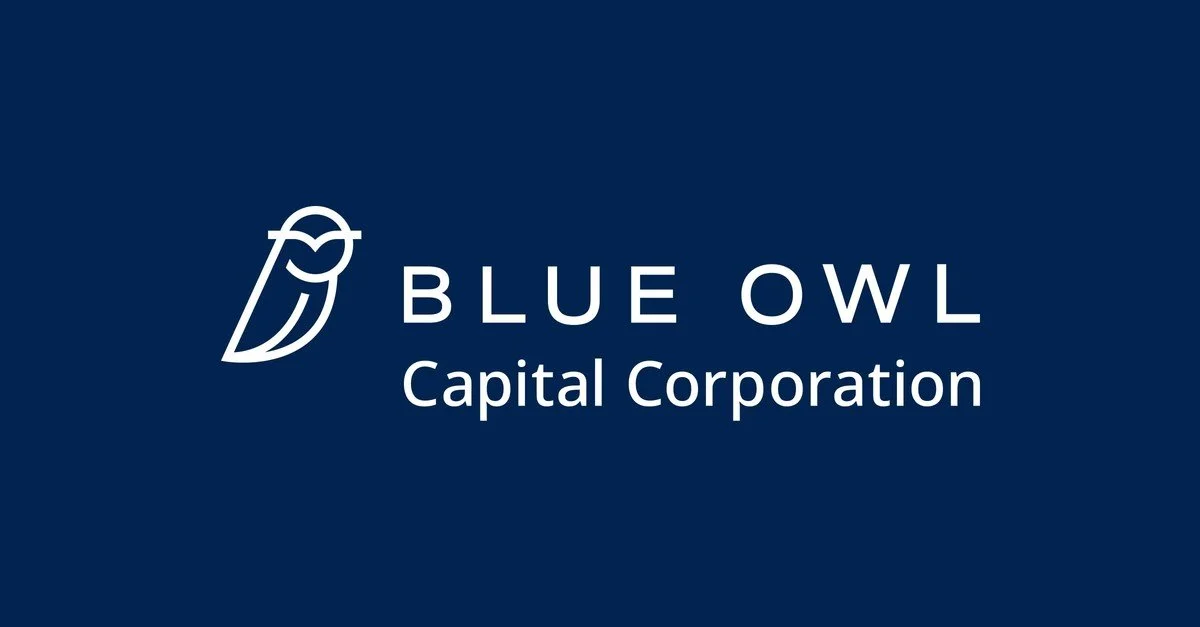O | Q3 2025
The content provided on this website, including any communications, posts, videos, social media interactions, and other materials, is for informational and educational purposes only. It should not be considered as financial or investment advice. Read our full disclaimer here.
Links
Link to Transcript
Link to Presentation
Link to 10-Q
Overview
FFO of $1.07 in-line.
Revenue of $1.47B (+10.5% Y/Y) beats by $120M.
KEY Takeaways
Occupancy remains near-perfect at 98.7%.
Realty Income invested $1.4 billion in Q3 at a 7.7% yield, choosing only about 4% of $31 billion in sourced opportunities.
About 72% of new investments came from Europe at an 8% yield. The region remains more attractive than the U.S. thanks to lower competition, a larger addressable market, and cheaper euro-denominated debt.
The company sold 140 properties for $215 million, including convenience stores at tight 5.5% cap rates, and reinvested proceeds into higher-return assets.
Predictive analytics are helping guide lease, acquisition, and disposition decisions with high accuracy, while automation tools like PredictAP are improving efficiency and scalability.
Leverage sits at 5.4x EBITDA, 93% of debt is fixed-rate, and liquidity is $3.5 billion — leaving them in solid financial shape, with recent refinancings lowering average interest costs.
2025 investment volume guidance was raised to $5.5B, and AFFO/share guidance nudged up to $4.25–$4.27.
NOTES
Realty Income’s (O) Q3 wasn’t completely a blowout quarter so much as it was a “keep on keeping on” quarter.
Occupancy ticked up a bit to 98.7%, and re-leasing continues to go their way. On 284 leases, they recaptured about 103.5% of prior rent, meaning new rents on those spaces are a little higher than what they replaced.
Most of that re-leasing came from existing tenants renewing, and they also recognized about $27 million of lease termination income, adding roughly three cents per share this quarter. While that isn’t something you can count on every quarter, management made it clear that it’s becoming a more regular part of how they manage the portfolio and not just a random windfall.
Investment activity was busy as well. Globally, they put $1.4 billion to work at a 7.7% initial cash yield, with roughly a 220 basis point spread over their short-term funding costs. Year-to-date, they’ve already invested almost $4 billion, which is more than all of 2024 if you strip out the Spirit merger.
What matters more than the raw dollars, though, is how selective they’ve been in these investments. They sourced $31 billion of potential deals in Q3 alone and only executed on about 4.4% of that.
Much of what they are finding is overwhelmingly in Europe right now. About 72% of Q3 investment volume was in Europe, at an 8% initial yield.
Management keeps coming back to the same reasons for this: the European net-lease market is more fragmented, the competitive landscape is less crowded, the total addressable market is actually larger than the U.S., and euro-denominated debt is about 100 basis points cheaper than dollar debt for them.
Since entering the U.K. in 2019, Realty Income has built up Europe to about $16 billion of assets and about 18% of base rent. And based on the call, they are far from being done exploring the continent.
While the U.S. is still very active from a sourcing standpoint, it has gotten more competitive. A lot of private capital has formed around net-lease lately—Blackstone, BlackRock, Starwood, and others—which has pushed pricing on many of the types of deals Realty Income would normally go after.
Management emphasized that in the U.S., it’s not a lack of opportunities. It’s that more money is chasing the same assets, so the relative value often looks better in Europe.
They are still doing deals here (about $380 million this quarter at a 7% yield), including some large sale-leasebacks when the math works, but they’re not forcing it just to keep U.S. volumes up.
One area they’re clearly leaning into is credit investments, especially in Europe. In Q3, they did around $380 million of loans at roughly 9% yields, all with existing tenants they already know well from long-term sale-leaseback relationships.
Portfolio management was another big theme in Q3. They sold 140 properties this quarter for $215 million, including 18 convenience stores at a 5.5% cap rate with more than 11 years of lease term left.
Management made a point of saying those assets sold at cap rates about 75 basis points tighter than where they can buy “superior” new portfolios today. That’s their “portfolio discount” idea in action: use their scale to acquire large portfolios at attractive pricing, then sell off mature or less-attractive assets individually at better valuations and reinvest into higher-return opportunities.
They’re looking at each property and asking: are we better off holding this, paying the carrying costs, and re-tenanting it at a certain rent, or selling it empty today and reinvesting?
When the math favors selling, they sell. Even if that creates a bit of short-term dilution, they think the long-term capital recycling is better for shareholders.
Underneath all of this is a growing reliance on data and AI. Realty Income has spent about six years building a predictive analytics tool that helps them forecast lease renewals and outcomes with a high degree of accuracy (they cited “north of 90%” in many cases).
That model gets used at multiple points: underwriting new deals, deciding whether to hold or sell assets, and even in negotiations with tenants when they have strong data that a particular location is performing well.
On top of that, they’re rolling out operational AI tools like PredictAP, which automates invoice processing and data entry. The idea there is to free up people from low-value clerical work so they can focus on quality control and higher-level tasks.
Looking at the balance sheet, net debt sits at about 5.4x annualized EBITDA, fixed charge coverage is 4.6x, and liquidity is $3.5 billion. Only 6.5% of their debt is floating.
After quarter-end, they issued $800 million of unsecured notes at a blended yield of 4.4%, and used most of that to refinance $550 million of 4.6% notes. They also still have around $1 billion of unsettled forward equity, which they believe is enough to cover the equity they’ll need to hit their 2025 investment volume guidance.
Regarding guidance, they raised their 2025 investment volume guidance from $5.0 to $5.5 billion and nudged up the low end of AFFO per share guidance to a range of $4.25–$4.27.
Big picture: occupancy is high, re-leasing spreads are looking good, and the balance sheet is being positioned for slightly cheaper debt going forward. It’s not a super flashy quarter by any means, but for an income-focused REIT that pitches itself as “equity-like returns with bond-like stability,” that’s kind of what you should expect (and want).




Revenue of $24.6B (+9.3% Y/Y) beats by $440M. Non-GAAP EPS of $2.46 in-line.